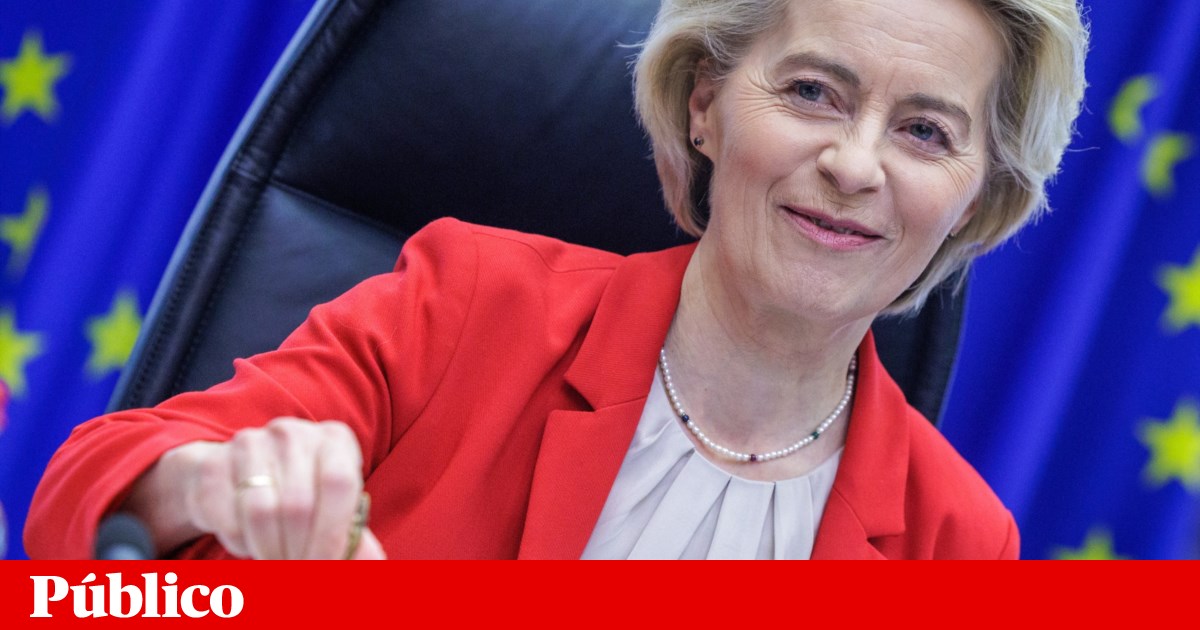Confrontation Over EU's Next Budget Avoided
The confrontation between the European Parliament and the European Commission over the proposal for the next Multiannual Financial Framework (MFF) starting in 2028 has been defused. On Monday, MEPs withdrew their threat to vote on a motion to reject the budget plan presented by the Commission after it committed to introducing a set of amendments to the regulations to address the objections and criticisms of parliamentarians.
Von der Leyen's Commitment to Changes
Ursula von der Leyen, President of the European Commission, stated on social media platform X: "We have clarified and reinforced our objectives in three key areas: ensuring the role of regions, strengthening the identity of the Common Agricultural Policy (CAP), and improving governance. We now have a solid understanding of the proposals and a clear path forward." This followed a video conference meeting with European Parliament President Roberta Metsola and Danish Prime Minister Mette Frederiksen, convened under Article 324 of the Treaty on the Functioning of the European Union (TFEU).
Article 324 stipulates that, in the context of budgetary procedures and "on the Commission's initiative," the presidents of the three institutions must take "all necessary measures to promote consultation and the rapprochement of the positions of the institutions they preside over, to facilitate the application of the MFF provisions."
In a letter to Metsola and Frederiksen on Sunday, von der Leyen justified the meeting by the need to "take stock of the discussions to date and provide political guidance for future work"—essentially, the Commission leader wanted to gauge her room for maneuver to prevent the MFF reform from collapsing in an institutional tug-of-war between the European Parliament and member states.
Core of the Conflict: Budget Restructuring
At the heart of the conflict is the Commission's proposal for a complete overhaul of the EU budget structure, merging the so-called traditional policies of Agriculture and Cohesion into a single envelope. This €865 billion portion of the total €2 trillion budget would be managed by national governments through a strategic plan for reforms and investments, similar to the Recovery and Resilience Plans, where transfers depend on meeting milestones and targets.
This idea was poorly received by farmers' representative organizations and the Committee of the Regions, prompting the European Parliament to take a strong stance. In late October, leaders and rapporteurs from the European People's Party, Socialists & Democrats, Renew Europe (liberals), and the Greens—the pro-European majority that supported von der Leyen's re-election—warned the Commission President that they would not negotiate the MFF if the proposal was not altered.
MEPs listed their grievances and put forward seven demands to change their opposition. In her letter to the presidents of the Parliament and the Council of the EU, von der Leyen noted the Commission's willingness to introduce "amendments" and add "safeguards" to the regulation proposals to better reflect the opinions expressed "on the role of regions and the need for continuity of investment in regions, concerns about the future of the CAP, and the need for enhanced governance involving the European Parliament and the Council."
Attached to the letter was an eight-page document detailing the amendments and safeguards the Commission is already working on to make the regulation for the future national and regional partnership plans "a more coherent, simpler, and higher-impact programming framework for member states and regions."
Key Amendments Proposed
One amendment involves defining a minimum amount of €300 billion that must be channeled to the CAP and establishing a "rural target," which will also have a mandatory minimum percentage within the envelopes of national and regional strategic plans. Another relates to the involvement of regional and local authorities in the "preparation, implementation, and evaluation" of these plans. A further amendment concerns the functioning of the "governance mechanism" to strengthen the role of the European Parliament and the Council of the EU.
In her message on X on Monday, Ursula von der Leyen said she looked forward "with anticipation" to the debate on the MFF architecture and governance proposal for 2028-34, scheduled for Wednesday in the European Parliament. The initial agenda for this week's mini-plenary in Brussels included a vote on a motion after the debate, but it was removed from a revised version approved by parliamentary group leaders early in the afternoon.










Comments
Join Our Community
Sign up to share your thoughts, engage with others, and become part of our growing community.
No comments yet
Be the first to share your thoughts and start the conversation!